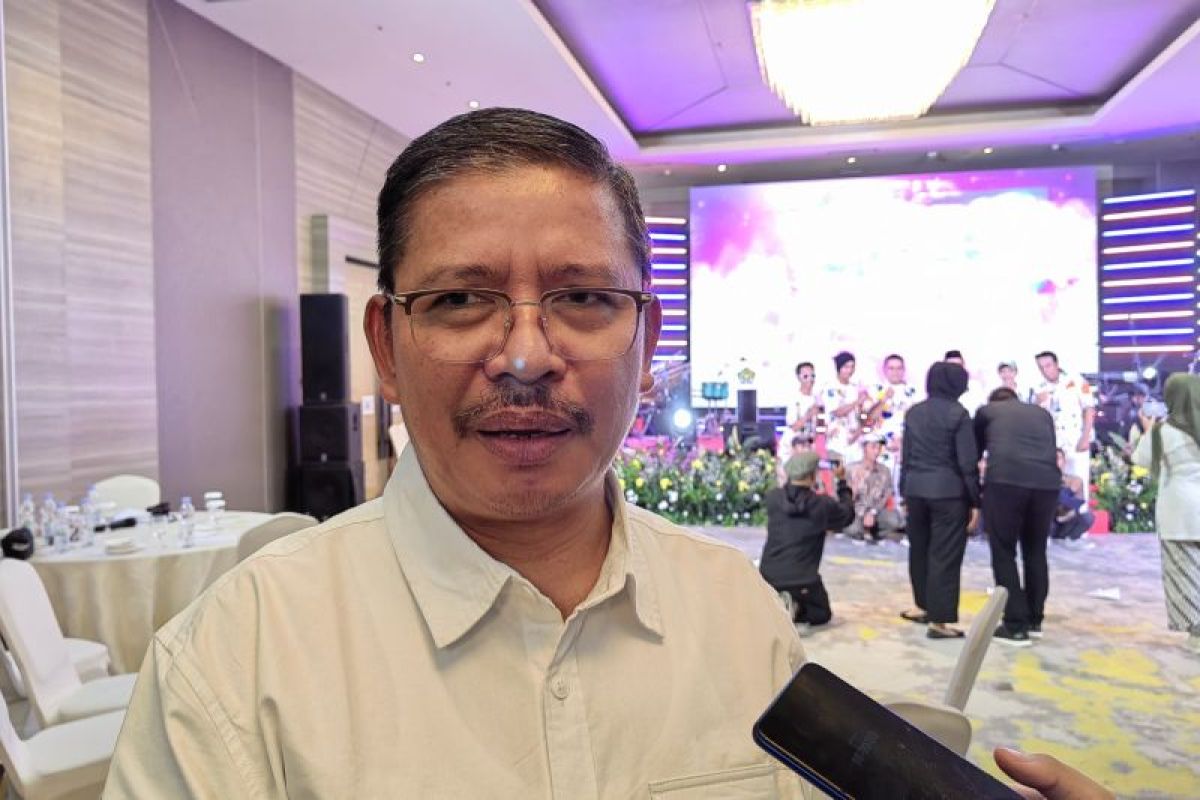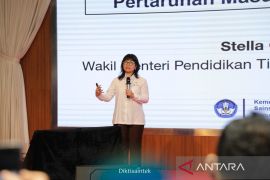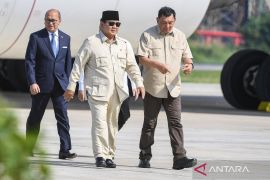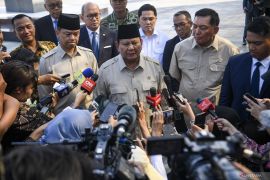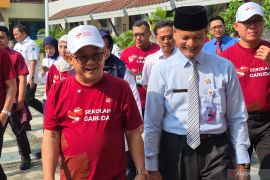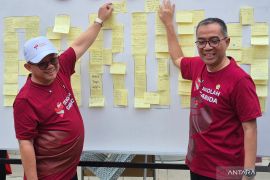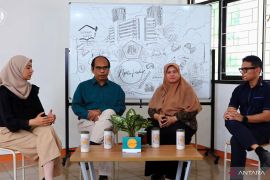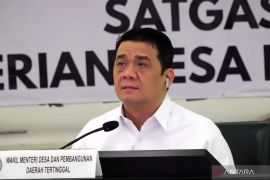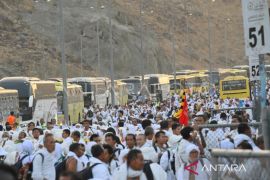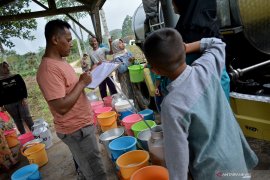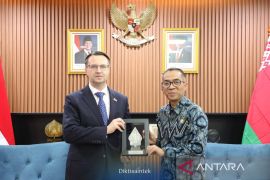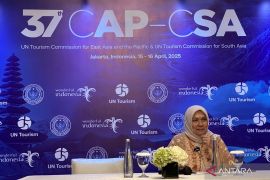The agency’s head, Amien Suyitno, informed that the current reformulation will cover regulations, implementation patterns, curriculum, and resources for the conduct of education and training.
“In the future, the Ministry of Religious Affairs’ education and training should be flexible and impactful. Today, we (are conducting) a massive reformulation starting from its urgency, implementation, curriculum, and human resources target,” Suyitno stated at a press conference in Jakarta on Tuesday.
“Another important thing, in my opinion, is that we should reformulate government employees,” he added.
Suyitno said that the HR competency improvement strategy is being overhauled in view of current developments in resource needs.
Related news: Higher education essential for human resource quality improvement
Meanwhile, head of the Training Center for Educational and Religious Technical Personnel of the Ministry of Religious Affairs, Mastuki, emphasized the importance of implementing sustainable HR competency improvement.
"Good, appropriate, and sustainable HR development offers an important contribution to the improvement of capacity, compatibility, and flexibility as an educational organization,” he said.
He added that HR competency improvement should be implemented for new and old employees.
According to Mastuki, an academic manuscript outlining plans for HR competency improvement has been prepared by the relevant stakeholders as part of the attempt to reform the HR competency improvement program.
“We express the hope that this education and training reformulation and competency development can become a guidance for organizers and chairpersons in both central and regional work units, as well as for stakeholders and general users,” he added.
Related news: Productive HR key to get out of middle-income trap: minister
Translator: Asep F, Luthfia, Azis Kurmala
Editor: Yuni Arisandy Sinaga
Copyright © ANTARA 2023
